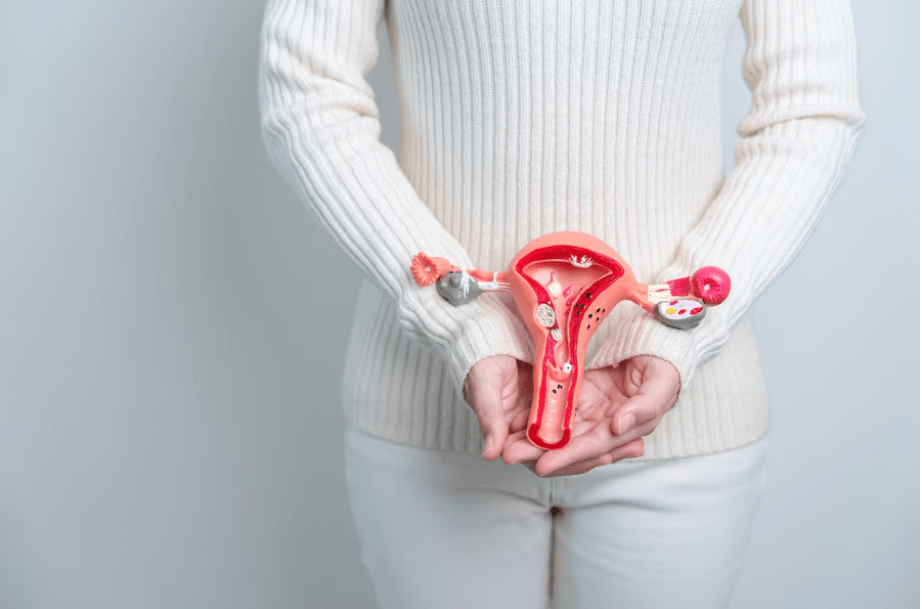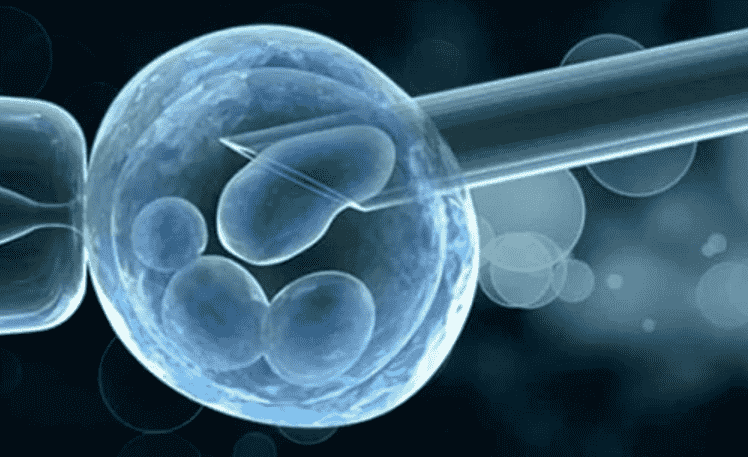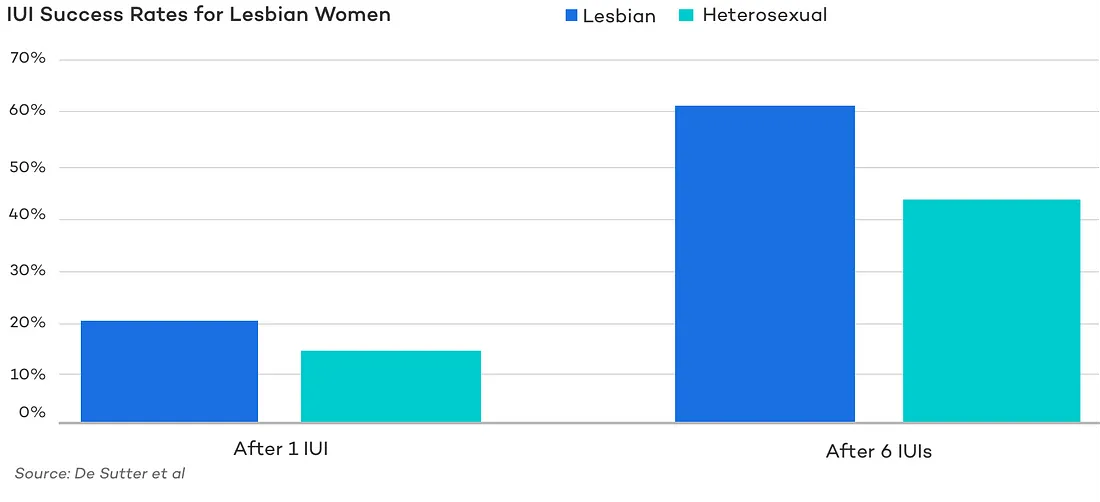Intrauterine insemination (IUI) is a fertility treatment that involves placing sperm directly into a woman’s uterus to facilitate fertilization. It’s typically used for couples facing infertility due to various reasons such as low sperm count, cervical factor infertility, or unexplained infertility.
Here’s how the process works:
Ovulation Induction: Before IUI, the woman may undergo ovulation induction using fertility medications to stimulate the ovaries to produce multiple eggs. This increases the chances of conception during the IUI procedure.
Semen Preparation: On the day of the procedure, the male partner provides a semen sample, which undergoes processing in the lab. This involves separating fast-moving, healthy sperm from the semen fluid and other debris.
IUI Procedure: Once the semen sample is ready, a thin, flexible catheter is used to inject the concentrated sperm directly into the woman’s uterus. This process is relatively simple and typically painless, resembling a regular gynecological exam.

Post-Procedure Monitoring: After the procedure, the woman may rest for a short period before resuming normal activities. Some clinics may recommend progesterone supplementation to support the uterine lining.
Monitoring and Pregnancy Testing: About two weeks after the IUI, the woman undergoes a pregnancy test. If successful, the fertility clinic will monitor the pregnancy through early ultrasounds to ensure proper development.
IUI offers several advantages, including:
Non-Invasive: Compared to other fertility treatments like IVF Treatment, IUI is less invasive and typically has fewer side effects.

Cost-Effective: It’s generally more affordable than IVF, making it a more accessible option for couples seeking fertility assistance.
Increased Sperm Concentration: By placing sperm directly into the uterus, IUI bypasses potential barriers like cervical mucus, increasing the chances of sperm reaching and fertilizing the egg.
Success Rates

However, success rates for IUI vary depending on factors such as the woman’s age, the cause of infertility, and the quality of the sperm used. While some couples may achieve pregnancy after a few cycles of IUI, others may require additional interventions like IVF. It’s essential to consult with a fertility specialist to determine the most appropriate treatment plan based on individual circumstances.






